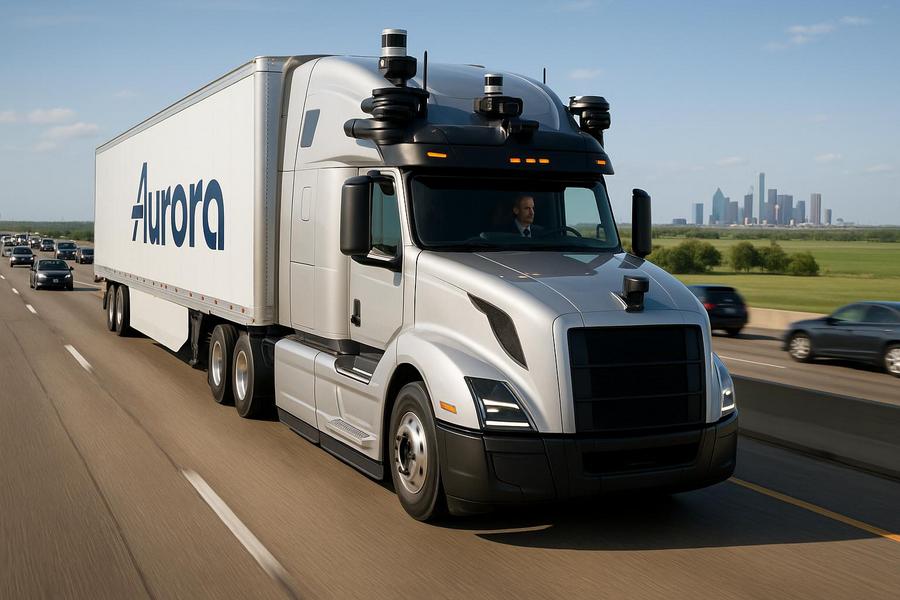Aurora Innovation will put humans back in its self-driving trucks just two weeks after launching a driverless service in Texas. The reversal comes at the request of manufacturing partner PACCAR due to “prototype parts” in the vehicles, despite Aurora’s confidence in their safety systems.
“We are confident this is not required to operate the truck safely,” Aurora CEO Chris Urmson stated in a blog post published Friday. The company had just begun regular driverless deliveries between Dallas and Houston on May 1.
Aurora’s self-driving system had already completed over 6,000 driverless miles along the commercial route. The company plans to honor PACCAR’s request by moving safety observers from the back seat to the front seat of their trucks.
Urmson emphasized this change was procedural rather than safety-related. “This observer will not operate the vehicle — the Aurora Driver will continue to be fully responsible for all driving tasks,” he explained.
The adjustment highlights the complex relationships between tech companies developing autonomous systems and traditional vehicle manufacturers. Aurora relies on PACCAR-built trucks equipped with their self-driving technology.
Despite this setback, Aurora maintains its ambitious expansion timeline. The company still plans to extend driverless operations to El Paso and Phoenix by year’s end.
The autonomous trucking sector faces growing scrutiny as companies move from testing to commercial operations. Aurora’s safety validation included nearly 10,000 requirements and 2.7 million tests, according to company documentation.
“A core part of our strategy has always been building a strong ecosystem of partners across the industry,” Urmson noted. That partnership focus apparently includes compromising on fully driverless operations — at least temporarily.

